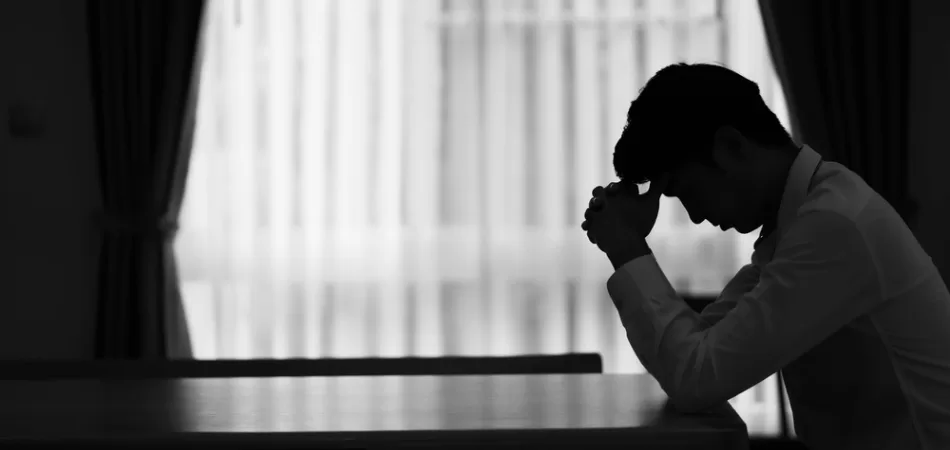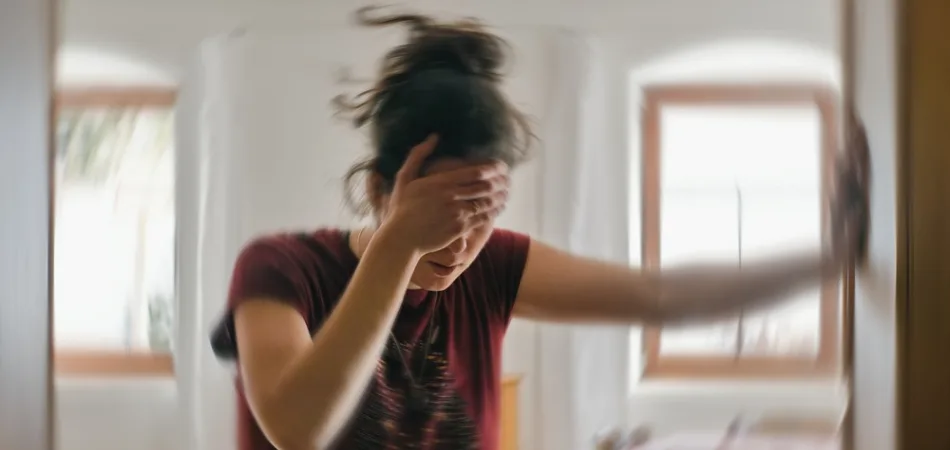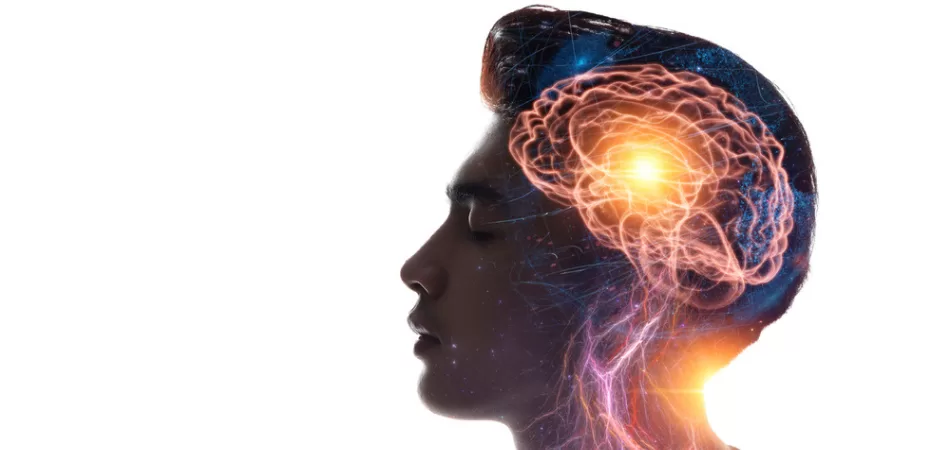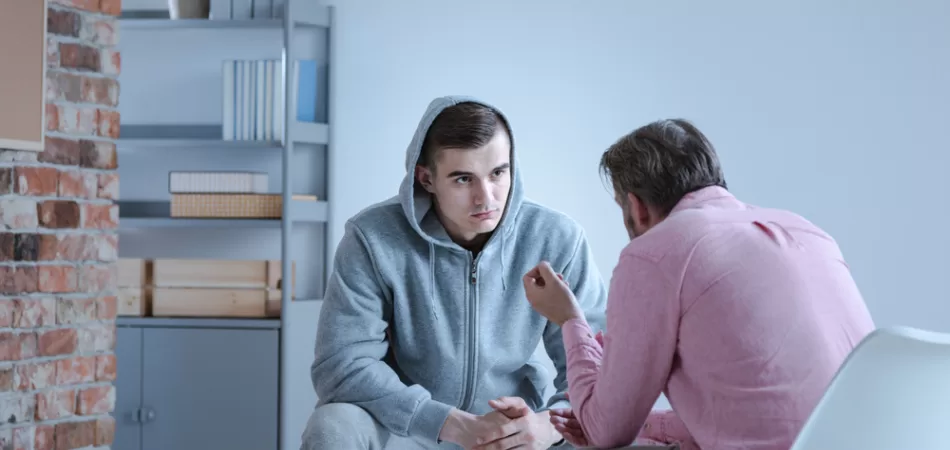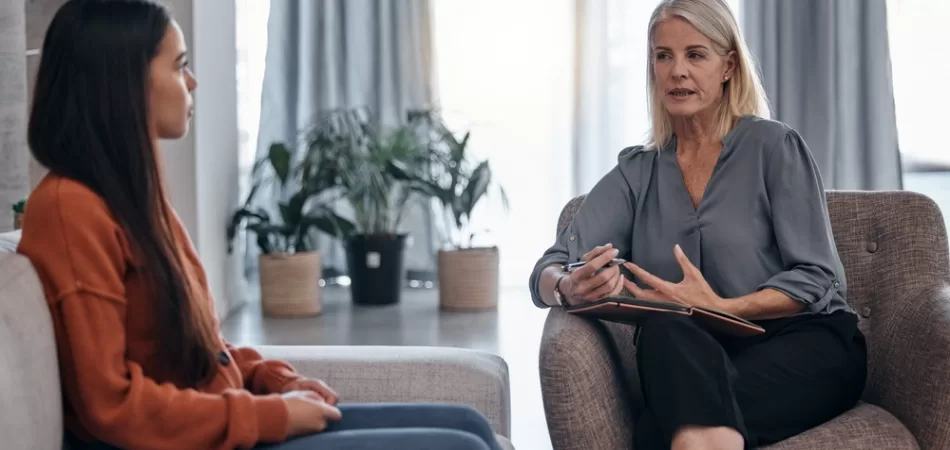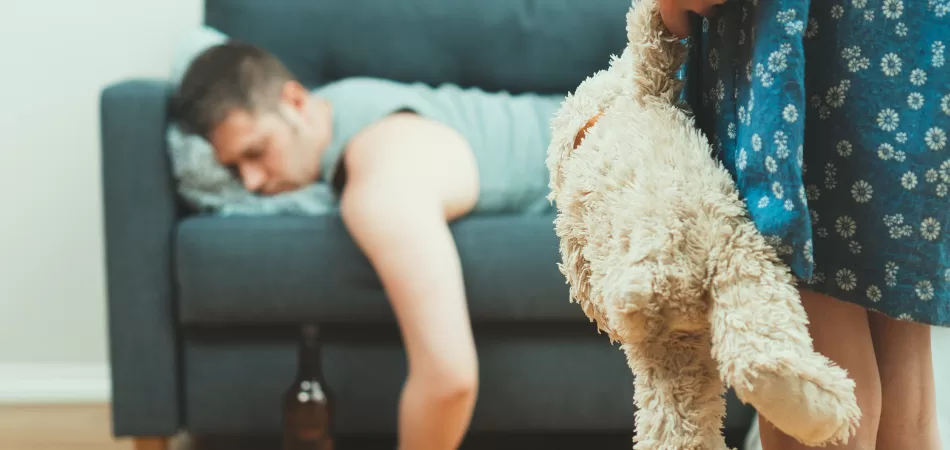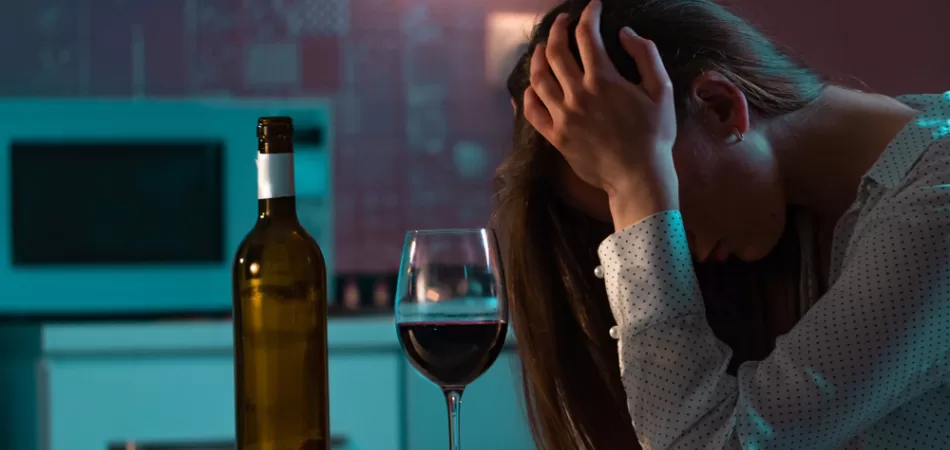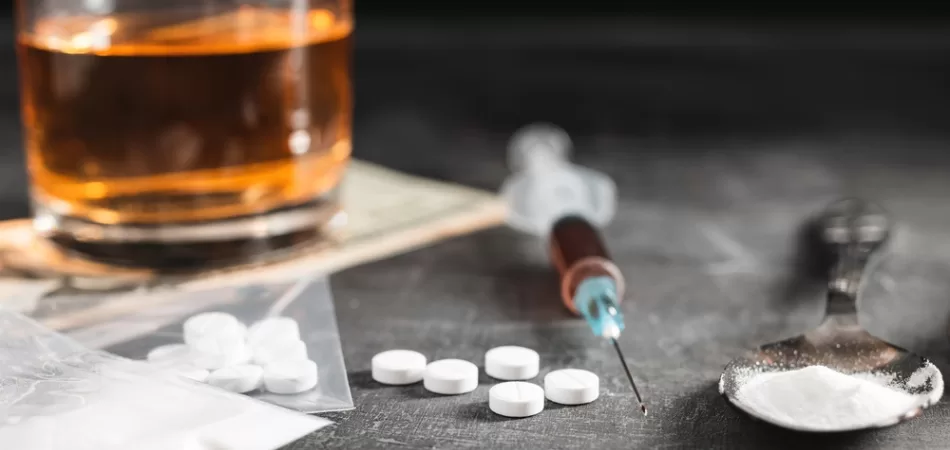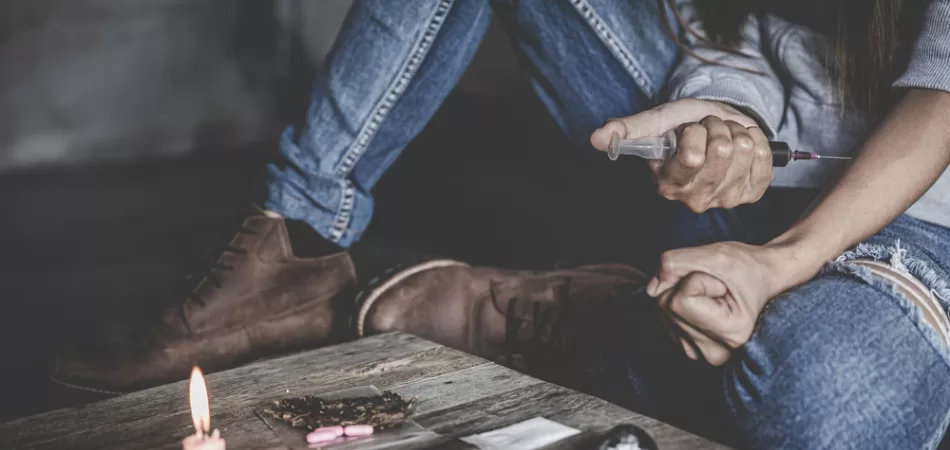Our Help Guides offer valuable information regarding the realities of addiction and how to address them. Here, you can learn ways to determine whether an addiction is present, the best ways to seek help for yourself or a loved one suffering, and how you can most effectively support those who might be experiencing issues with addiction.
Guides for Understanding Addiction
How To Identify Addiction
Addiction is a complex brain disorder where someone feels compelled to use drugs or alcohol despite the negative consequences.
How To Recognise A Comedown As An Addiction Symptom
A comedown is the period after the peak effects of a drug, where the substance is leaving your bloodstream.
How To Recognise Aphasia As An Addiction Symptom
Aphasia refers to a range of disorders that affect the way that we communicate.
How To Recognise Blurred Vision As An Addiction Symptom
Like all other organs in our bodies, our eyes are supplied with blood.
How To Recognise Constipation As An Addiction Symptom
Research suggests that between 25 and 30% of the population experience chronic constipation.
How To Recognise Euphoria As An Addiction Symptom
The American Psychological Association defines euphoria as ‘extreme happiness and an elevated sense of well-being.
How To Recognise Irritability As An Addiction Symptom
Irritability occurs due to disruption to the brain’s pathways associated with reward and stress.
How To Recognise Mood Swings As An Addiction Symptom
Mood swings can arise from a variety of sources, both psychological and physiological, impacting emotional states and causing fluctuations in a person’s mood over a short period of time.
Recognising Physical Dependence As An Addiction Symptom
Physical dependency refers to a physiological state that happens due to chronic use of certain substances.
Guides for Navigating Detox
How To Deal With Chest Pain During Detox
Chest pain is any discomfort, pressure or tightness in the chest.
How To Deal With Hallucinations During Detox
Unlike other narcotics, not all hallucinogens have withdrawal symptoms.
How To Deal With Emotions During Detox
The overwhelming emotions experienced during detox happen for multiple reasons.
How To Deal With Panic Attacks During Detox
Panic attacks are a common symptom of withdrawal.
How To Deal With Perspiration During Detox
Sweating is a normal part of the detox process.
How To Deal With Seizures During Detox
Seizures can occur as a result of substance withdrawal during detoxification.
How To Deal With Tremors During Detox
A tremor is a ‘neurological condition that includes shaking or trembling movements in one or more parts of the body.
How To Detox During Pregnancy
During pregnancy, pregnant individuals are typically advised to refrain from particular substances.
How To Drug Detox While Pregnant
Using substances during pregnancy is more common than many people realise.
How To Handle Detoxification At Home
Detoxing at home can offer a range of benefits, as well as risks.
Call our admissions line 24 hours a day to get help.
Guides for Navigating Addiction Recovery
How To Cope With Anhedonia During Recovery
Anhedonia is the inability to experience pleasure or joy, and it’s extremely common in alcohol addiction, drug addiction and addiction recovery.
How to cope with depression in recovery
Addiction recovery is a challenging journey that requires considerable strength and perseverance.
How To Cope With Guilt In Recovery
Along with depression and anxiety, guilt is a major challenge you may face in recovery and is extremely common.
How To Cope With Infidelity In Recovery
Whether it was you or your partner who strayed, infidelity can feel devastating.
How To Handle Difficult Life Situations During Recovery
Everyone deals with life’s little annoyances, from a stressful day at work to a surprise bill. But for someone in addiction recovery, these irritations can feel amplified.
How To Handle Success And Avoid Self Sabotage
Self-efficacy has been extensively studied in addiction recovery and is very beneficial.
How To Salvage Your Marriage In Recovery
Recovery following addiction is a journey that requires patience and understanding from both partners in a relationship.
Guides for Life After Addiction
Finding A Job After Rehab
Emerging from addiction rehab is a significant milestone, marking the start of a new chapter in your life. However, one of the most daunting challenges you may face post-rehab is finding a job.
How To Create A Successful Relapse Prevention Plan
A relapse prevention plan is a personalised document that will help you determine your risk of relapse and clarify your thoughts on how to handle these risks.
How To Make It Through Your First Sober Weekend
Giving up alcohol is tough, and if alcohol was a significant part of your weekends until now, you will likely be experiencing mixed feelings.
How To Manage Your Finances After Addiction
Addiction can rapidly impact financial resources, leaving individuals and their dependents grappling with overwhelming debt.
Guides for Helping Addicted Loved Ones
How To Deal With Addicted Parents
According to the Children’s Commissioner for England, from 2019 to 2020, nearly half a million children lived with a parent battling addiction to alcohol or drugs.
How To Help An Alcoholic
When someone is dealing with an alcohol addiction, this often has a ripple effect, meaning that the lives of loved ones are also coloured by the presence of addiction.
How To Help Loved Ones Struggling With Addiction
When we think of addiction, we typically focus on the thoughts, feelings and health of the person battling the dependency themselves.
How To Help Your Child Suffering With Addiction
Discovering your child has an addiction is a shattering experience. Addiction is difficult no matter what age the addicted person is, but childhood addiction comes with some unique risks.
How To Support Your Spouse In Recovery
We have put together a short guide that covers three different scenarios, all with the same core element; how to support your spouse in addiction recovery.
How To Stage An Intervention
An intervention is a carefully planned process aimed at helping someone overcome problematic behaviour.
Guides for Avoiding Mixing Alcohol and Drugs
Dangers Of Mixing Heroin And Alcohol
There’s no one reason why people mix heroin and alcohol. Some people may mix it for the very reason that it’s dangerous – they can multiply and enhance the depressant effects of each other.
Dangers Of Mixing Skunk Weed With Heroin
Skunk weed is a strain of cannabis that contains very high levels of THC (tetrahydrocannabinol), which is the main psychoactive component that induces the feeling of being high.



